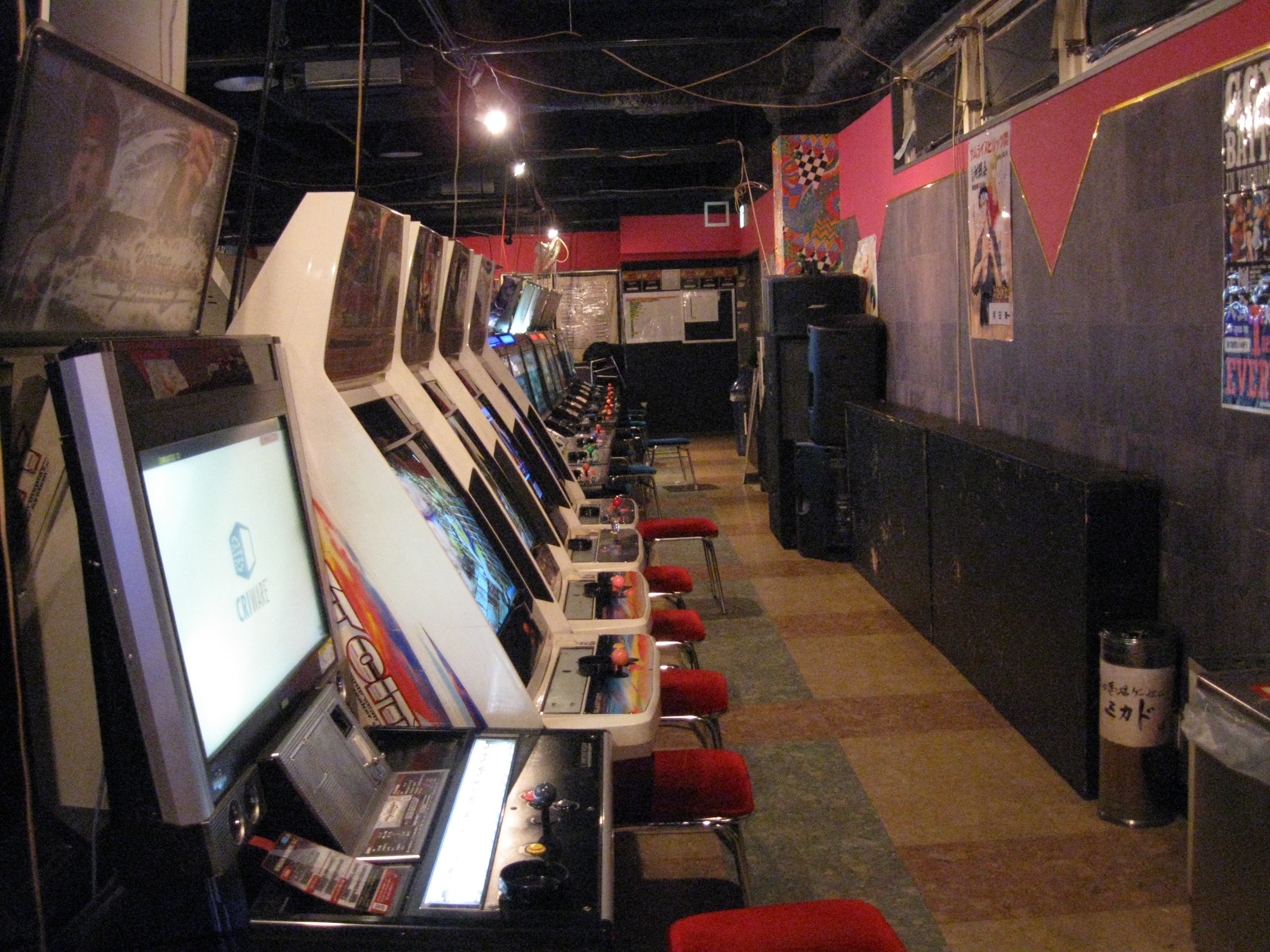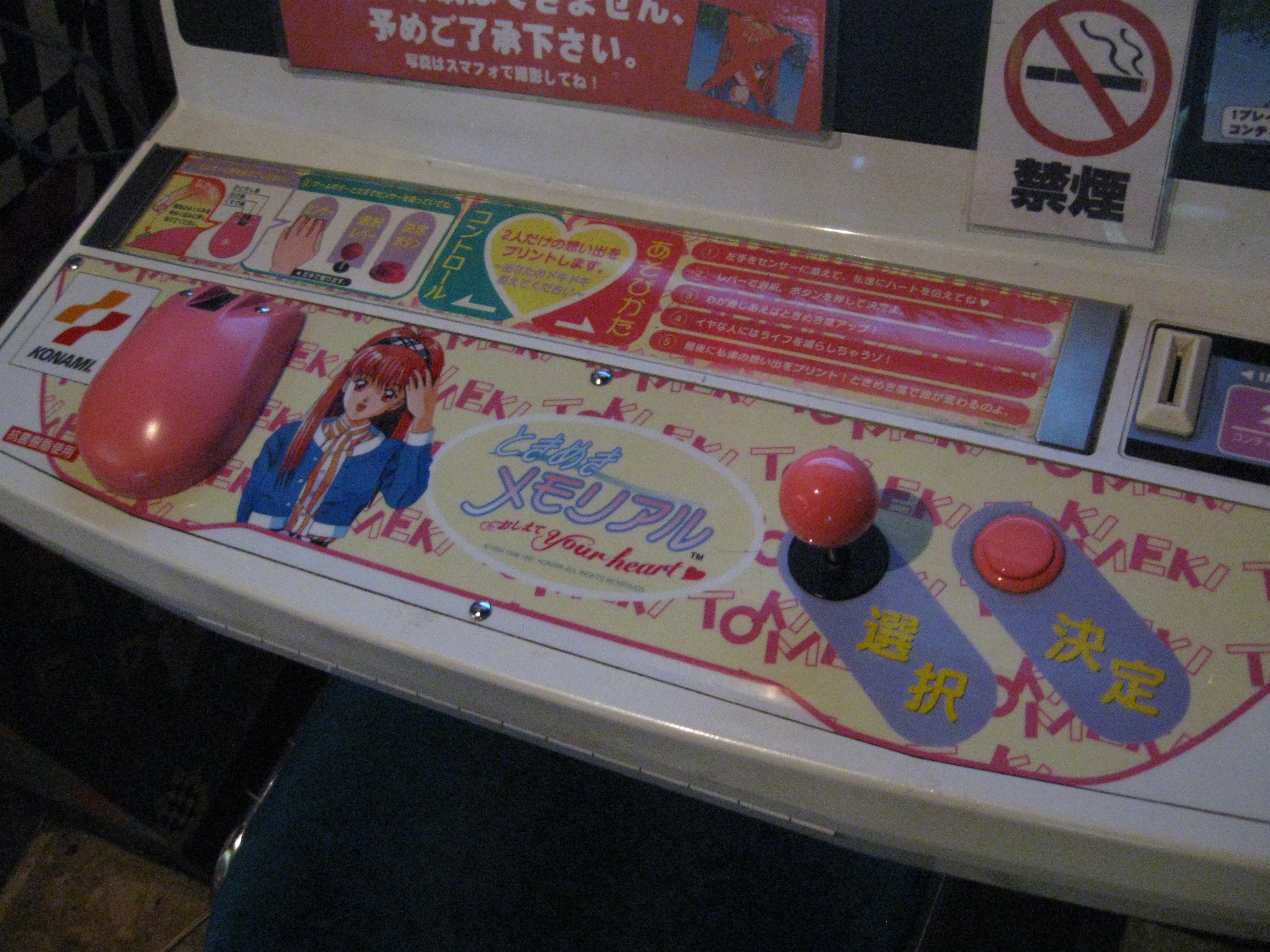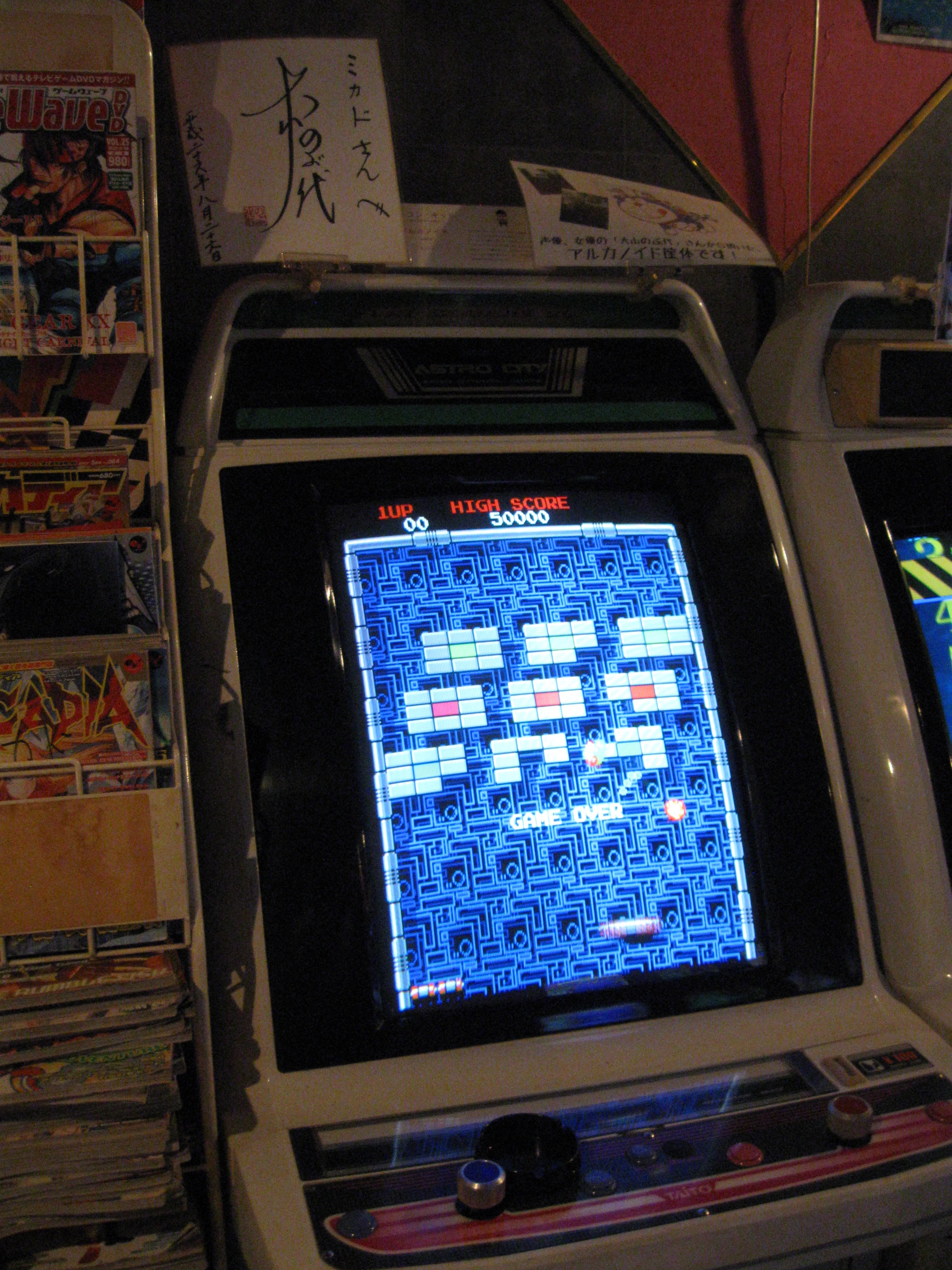I visited many game centers since my arrival to Tokyo, but there is one in particular that deserves a dedicated post on this blog. That game center is Mikado, home to a thriving fighting game community as well as some unusual arcade games.

Hiroyasu Katô, whom I featured in another blog post, was kind enough to introduce me to this unique venue along with a few other interesting game centers in the Nakado area of Tokyo. We both wrote notes and took many photographs to document these spaces as much as possible for future current and future projects. When we arrived at Mikado, we were fortunate enough to make full use of Prof. Katô’s personal network of fighting game experts; he had many acquaintances on-site that were in a position to introduce us to the overall social fabric of the place.

Mikado is a retro-style game center specializing in titles that emerged during the 1990s fighting game boom. Top players from all over Tokyo gather here to learn, exchange and participate in the daily tournaments held in the venue, all commentated by the owner himself. The sense of community is strong; fans schedule weekly meeting around the machines to share techniques for specific fighting games (events called taisenkai), and fan-produced strategy guides for obscure games can be found amongst the various piles of flyers lying around. The staff is constantly working on the machines wether it is to change the setting of a cabinet or to fix a circuit board with soldering iron. All of that is being done at arm’s length of players and the tournament show-floor; while customers are usually kept at bay from all maintenance activities in most of the large-scale game centers, here, repairs are conducted in plain view. Tournaments matches are projected onto giant screens facing the main staircase to facilitate spectatorship as the venue becomes more crowded and walking around turns into a challenge in itself.


But Mikado is more than just a hub for fighting game aficionados, it also curates a collection of unusual games that, despite their debatable ludic qualities, somehow carved a new place for themselves into this venue. Prof. Katô introduced me to an arcade version of the dating simulator Tokimeki Memorial in which players go on dates with various characters of the series. Interaction is limited; in key moments of the game, the user must quickly answer a tricky question from his date partner. The game features a pulse sensor onto which the player’s left hand need to rest. The « right » answers to all questions in the game change based on the correlation between the sensor’s reading and the « tone » of the reply’s line. Try to cover up a nervous state of mind with a detached reply, and its game over. Apparently, Mikado hosted tournaments of this game in the past; I can imagine very well how a game that is so perfectly unsuited to public performance could generate hilarious situations when the crowd gets involved.

The other game that one again demonstrates the specific culture shared by Mikado gamers is a strange 1988 baseball game titled Moero!! Puro yakyû hômuran kyosen. Everything about that game screams kusoge (shitty game). It is basically a home run competition game that looks like something straight out of the Atari 2600 era. The player must hit continuous home run in order to continue. Fail twice in a row, and it’s game over. The game has acquired a reputation for being the fastest arcade game to give users a Game Over screen. A typical game session lasts about 30 seconds, but, as I experienced, that system never fails to provide a big laugh. Mine lasted almost as long as the time I spent playing. Insert 100 yen, and then, sugu owaru (immediately over). Mikado gamers certainly have a great sense of humour and somewhat seem to enjoy being the laughingstock of that joke of a video game. I doubt that gamers in 1988 took the joke that well though. In a way, that game was salvaged from the great library of the forgotten video games of the 1980s to be repurposed as one of the multiple pillards of Mikado’s local gaming culture. According to a conversation with another of Prof. Katô acquaintances, Moero!! stands as that infamous « ridiculously unforgiving game » that everybody familiar with the venue needs to try at least once. There are even special buttons awarded to players who hit twenty home runs.

These are just a few of the elements that set Mikado apart from other game centers. It reminds us that the experience of playing video game leans on so much more than on simply what appears on screen. Playing in public, specifically, exposes that experience to the influence of local factors that are sometimes very unique.
